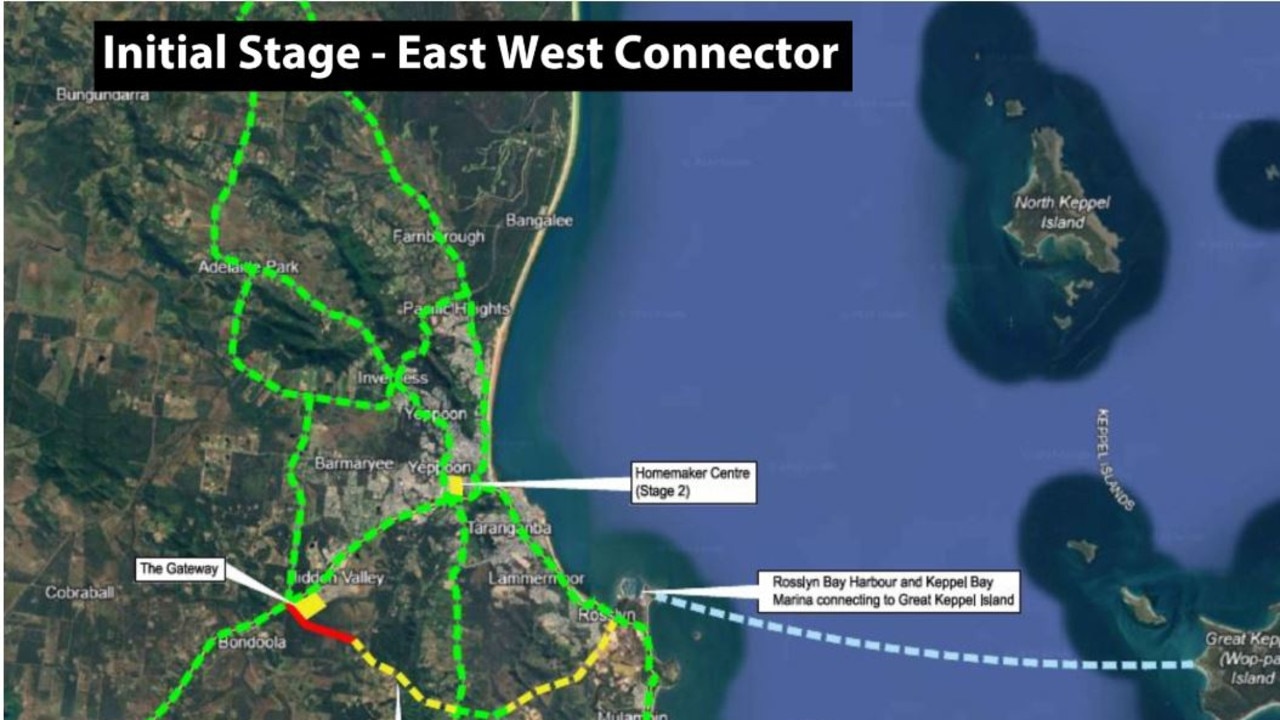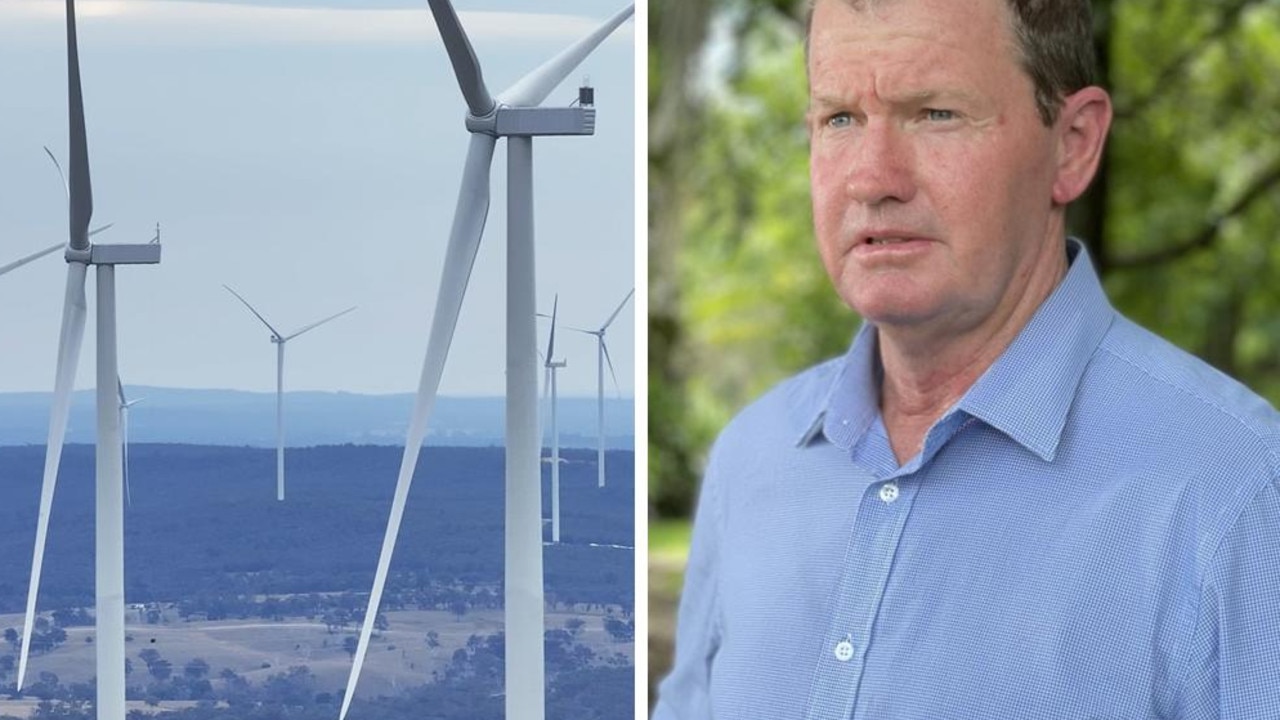Agriculture Minister Murray Watt visits JBS abattoir at Nerimbera near Rockhampton
Australia’s new Agriculture Minister paid a visit to one of the region’s abattoirs to learn about some of the biggest issues the industry is facing. Here’s what happened.
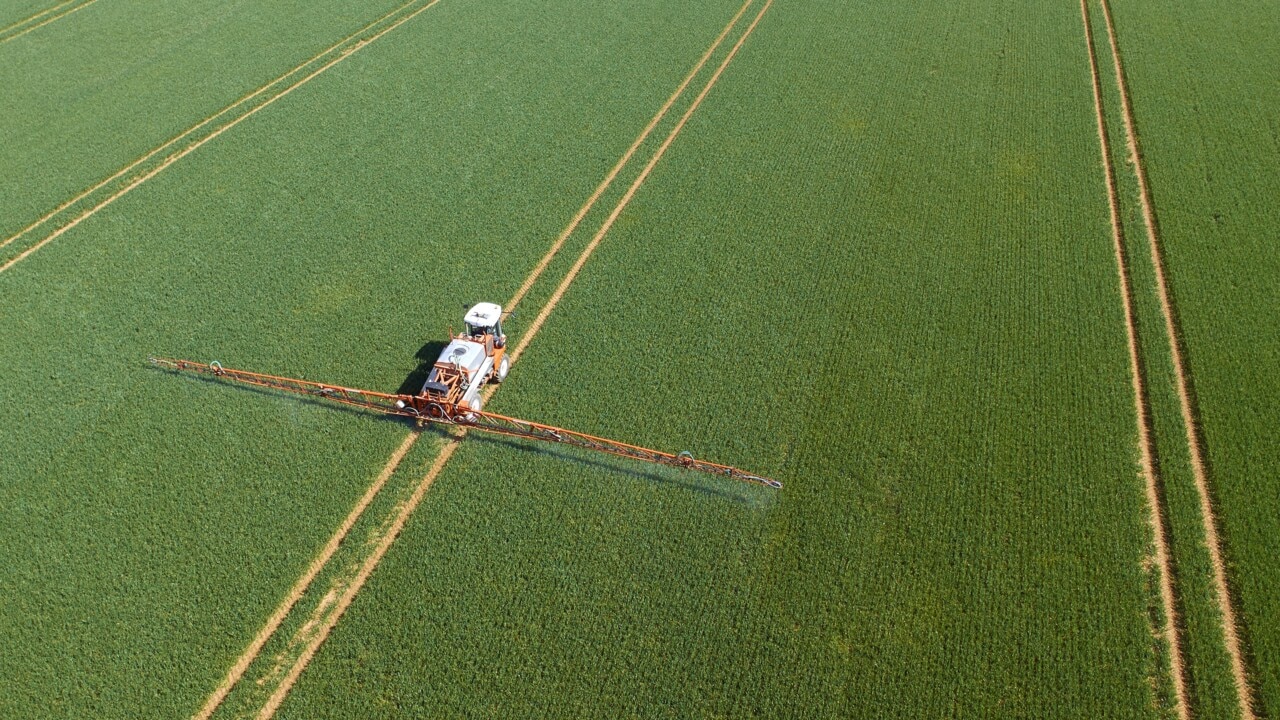
Business
Don't miss out on the headlines from Business. Followed categories will be added to My News.
He has only been in the job a couple of weeks, but new Federal Agriculture Minister Murray Watt has wasted no time getting out and about in Central Queensland to talk the important industry issues.
On Thursday, Mr Watt was in Rockhampton where he visited workers at the JBS abattoir to get an understanding of the issues the company and workforce were facing in the meat processing industry.
Chief operating officer of JBS Northern Anthony Pratt said one of the biggest issues grappling the industry, and other sectors, included attracting workers.
Mr Pratt said he was hopeful the visit would open up further discussions to combat the issue.
“I think it will open up discussions and with other industry participants most definitely, for him to get around and understand from them what their view is as well,” he said.
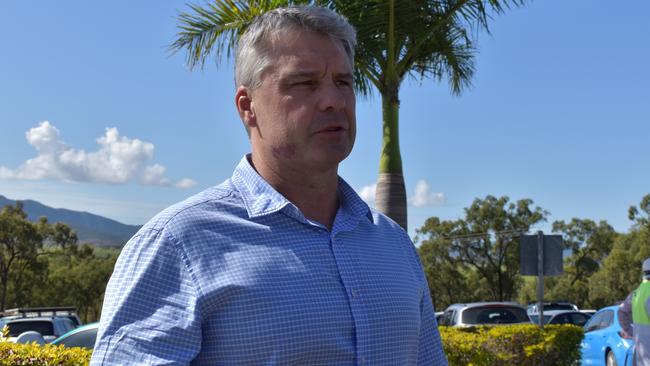
“Hopefully it will facilitate a smoother process with the Pacific Islander that have been coming in and also the local workforce here.”
Mr Pratt said there had been days where having the Pacific Islander workers was the difference between “operating and not operating”, with the worker shortage “dramatically” impacting operations.
“We’re a long way off full production, some of that has been due to the cycle of cattle we’re currently dealing with, but some of it is most certainly the fact we can’t attract enough of the workforce,” he said.
“That’s through all states and all industries, not just our company or our industry, I think if you talk to anyone in any industry they’re struggling to have full mannings.”
The visit to JBS was Mr Watt’s second to on site visit to an agricultural business in the last two weeks.
Last week Mr Watt was in the Central Highlands where he paid a visit to a cotton farm and Swarmfarm Robotics.
“I’ve really thought it’s important, as the new Agriculture Minister in this country, to get out on the ground as quickly as possible,” he said.
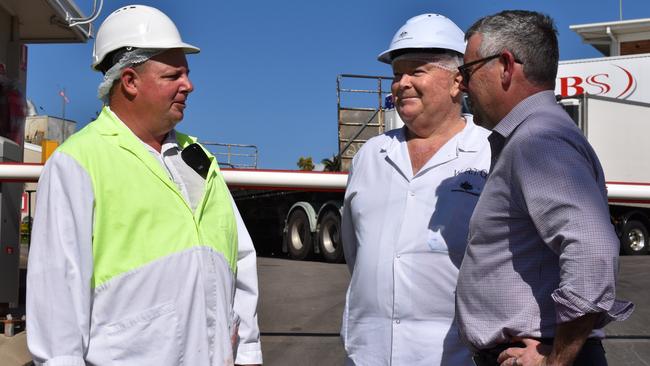
“One of the things the Albanese Government was really clear about going into the election was that we want to make more things here in Australia and we want to make more things in Central Queensland.
“Central Queensland has incredible expertise when it comes to manufacturing, whether we’re talking about machinery or meat processing.
“Food manufacturing, and meat manufacturing in particular, is the biggest manufacturing sector of our entire country so it’s a really important part of this local economy and the jobs it produces.”
Mr Watt said while live exports would continue to prosper under the new Labor Government, they were also looking at ways of doing more onshore processing to really get the full value out of Australian agriculture.
Included in those policies is the $15 billion National Reconstruction Fund which would allow the government to partner with industries to modernise equipment and improving productivity.
Half a billion dollars of that money has been set aside for agriculture, food and fibre.
“It’ll be firms like this and industries like this that will be able to take advantage of that so we can make more things here in Australia and employ more people in the industry,” he said.
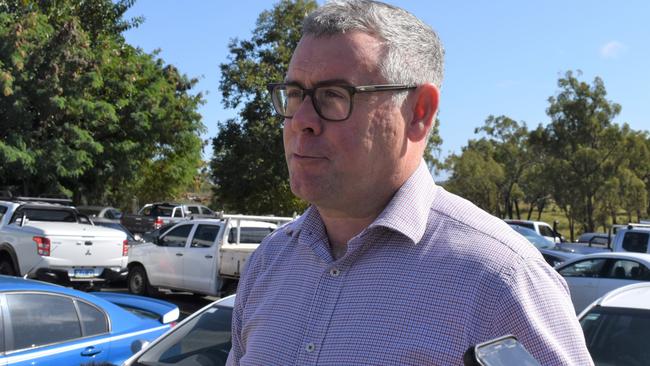
Mr Watt outlined his plans to help the industry with worker shortages.
“I’ve already started talking about it with the key industry bodies and key unions, we want to approach this issue differently to how the last government did, because we do think the interests of unions and workers have to be considered here,” he said.
“A couple of things we’ve already put forward, what we promised to do was to expand and strengthen the PALM scheme (Pacific Australia Labour Mobility program), which is a way we can bring in workers from the pacific to help work in agriculture and processing.”
Mr Watt said one of his priorities as Agriculture Minister was finding ways to be able to value add to the industry.
“One of the ways I’ve been putting it is we don’t want to just grow the best wheat in the country, we want to turn it into the best flour, in the best biscuits with the best chocolate chips so the world can buy those products,” he said.
“Same here with the meat industry, we want to grow the best cattle, we want to make the best meat and the best meat products.”



